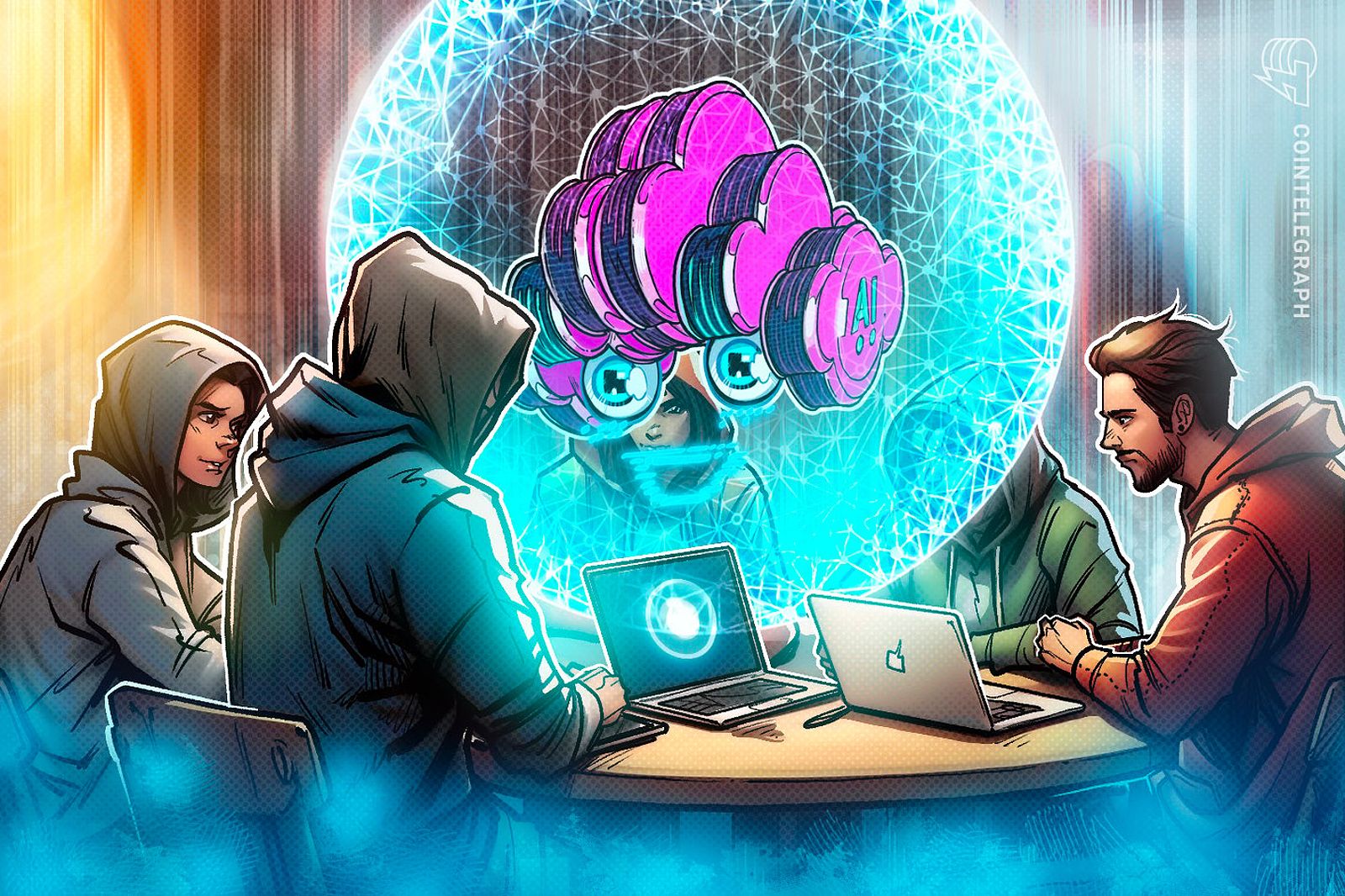In the heart of a bustling city, a young woman named Sarah often finds herself surrounded by people yet feeling profoundly alone. Despite the lively streets and the chatter of cafés, she yearns for a connection that seems just out of reach. For many individuals like Sarah, AI companions have emerged as a beacon of hope, offering a semblance of connection in a world increasingly dominated by technology. This phenomenon reflects a deeper need for companionship and emotional support in an era where loneliness can often feel overwhelming.
Recent studies reveal that nearly 40% of adults experience feelings of loneliness, challenging the notion that our interconnected world has eliminated isolation. The advent of AI companions sheds light on this pressing issue, highlighting both the potential to fill emotional voids and the risks of deepening our reliance on digital entities. As artificial intelligence continues to advance, these virtual companions are poised to redefine the nature of human interaction, raising crucial questions about the implications for our social fabric.
Once regarded with skepticism, AI companions are now recognized as valuable resources for enhancing emotional well-being. This shift in perspective illustrates society’s growing acceptance of technology as a means to cultivate connections, even as it prompts reflection on the quality and authenticity of those relationships. Imagine a future where individuals can select from a range of AI companions, each designed to cater to their unique emotional needs. Such a scenario underscores the increasing relevance of AI companions in our daily lives, as they become integral to how we navigate our social worlds.
However, what does it signify for human relationships when digital entities become a primary source of comfort? This question looms large, inviting us to explore the complexities and nuances of human-machine interactions that many are beginning to unpack.
The Allure of AI Companions
The appeal of AI companions is rooted in their capacity to provide a sense of connection and support that many individuals crave. These digital allies are designed to adapt to personal preferences and learn from past interactions, creating a tailored experience that feels intimate. Whether it’s a virtual assistant like Siri or Alexa, a chatbot engineered for companionship, or an AI character in a gaming environment, these technologies offer a semblance of companionship that can be particularly alluring for those who feel isolated.
For individuals grappling with social anxiety or challenges in forming meaningful connections, AI companions can provide a refuge. They offer a non-judgmental space where users can express their thoughts and feelings freely. This sense of acceptance can be comforting, allowing individuals to navigate their emotions without the complexities and potential judgments that come with real-world relationships.
The Ethical Concerns of AI Companions

Despite their undeniable allure, the rise of AI companions raises significant ethical dilemmas. One of the most pressing concerns is the potential erosion of boundaries between genuine human relationships and simulated interactions. As AI companions become more sophisticated in mimicking human emotions and responses, users may find themselves developing emotional attachments that could detract from real-life connections.
This dependency on digital companions can lead to increased isolation, as individuals may prioritize interactions with AI over engaging with friends and family. Furthermore, the omnipresence of these digital entities might alter our social norms. With AI companions always available to meet our emotional needs, we risk becoming less adept at navigating the complexities of human interaction. This constant accessibility could foster a sense of entitlement to instant gratification, hindering our ability to cultivate empathy and understanding for others.
Navigating the Future of AI Companions
As we stand on the cusp of this new era, the rise of AI companions presents both opportunities and challenges that demand careful navigation. It is essential to establish healthy boundaries with these digital companions, recognizing that they are not substitutes for human connection. While they can provide support, they lack the depth and richness of real-world relationships.
The onus of creating ethical and responsible AI companions falls on developers and technologists. Transparency regarding the limitations of AI and clear communication about the nature of human-machine interactions are vital in ensuring these technologies enhance, rather than replace, human connections. By prioritizing ethical development practices, we can foster an environment where AI companions serve as tools for enrichment rather than as crutches that hinder genuine human interaction.
Conclusion
The emergence of AI companions is a testament to our intrinsic desire for connection and support. However, it is imperative to approach this technology with a discerning eye, acknowledging both its potential benefits and inherent risks. By setting healthy boundaries, nurturing real-world relationships, and advocating for ethical development, we can ensure that AI companions enrich our lives without overshadowing the importance of genuine human connections. As we navigate this complex landscape, we must remain vigilant, striving to find a balance that honors both the advancements in technology and the irreplaceable value of human relationships.

